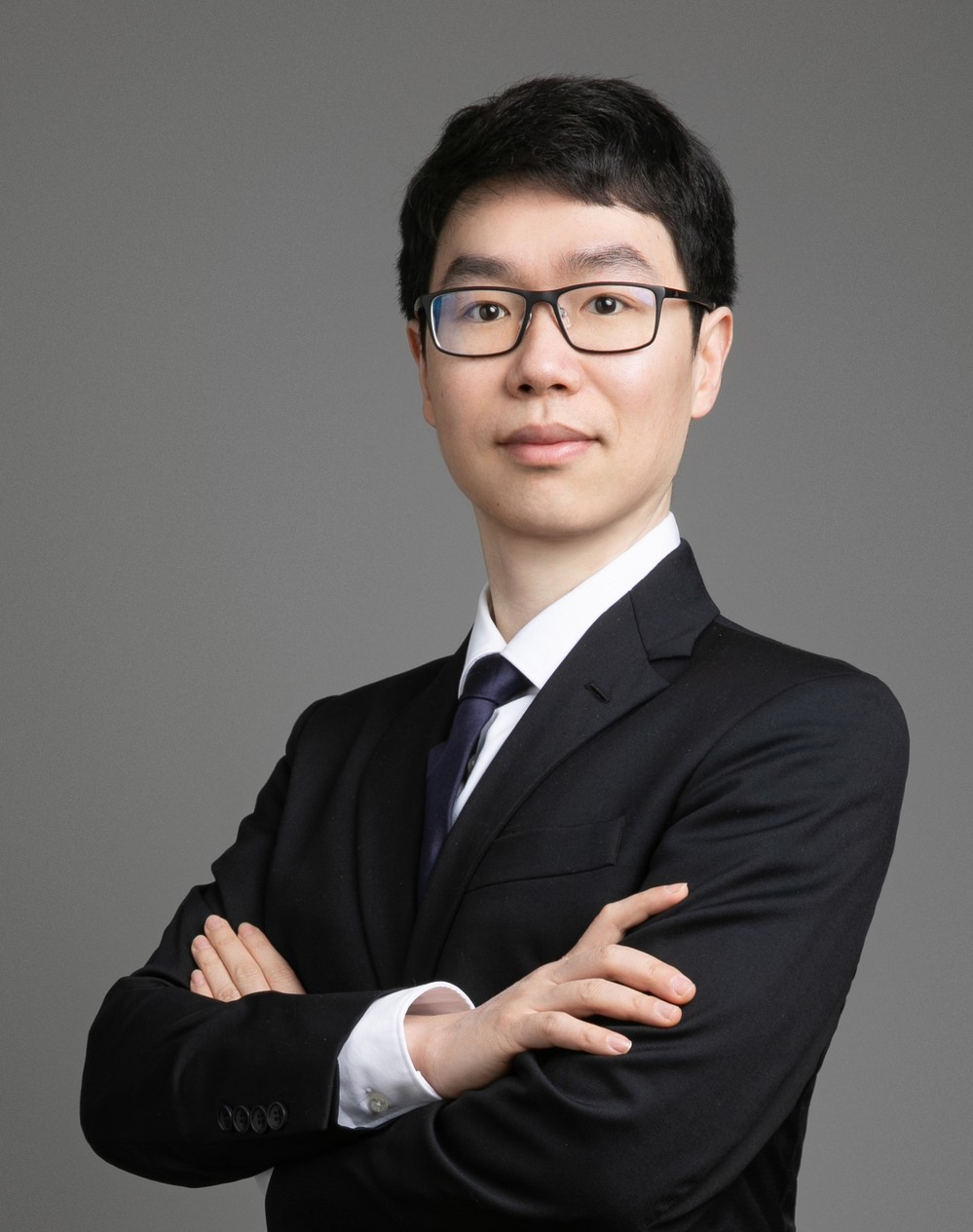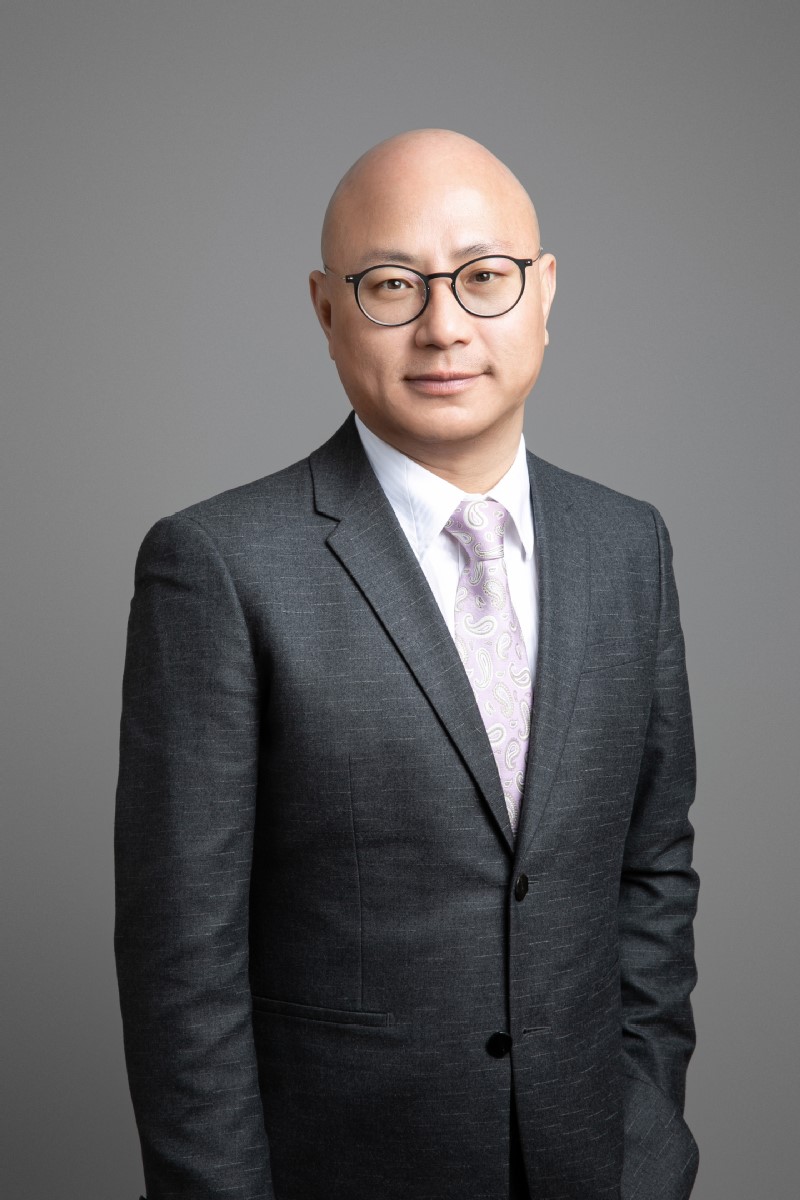Profs. Yiran Zheng and Zhiyuan Zhong published a perspective “roadmap to next generation cancer vaccines” in Journal of Controlled Release
Cancer vaccines have emerged as a powerful and clinically viable therapeutic modality to reduce tumor burden, eradicate residual cancer cells and prevent relapse. The past years have witnessed rapid advances in various scientific and engineering approaches to next-generation cancer vaccines. This perspective highlights the cutting-edge technologies to elicit robust, durable and cancer-specific immune responses as well as interesting research directions in augmenting the therapeutic efficacies and reducing the systemic side effects of cancer vaccines. The featured technologies include (i) bottom-up high-throughput screening strategies to identify neoantigens as well as optimal delivery systems for tumor antigens and/or adjuvant; (ii) top-down knowledge-based strategies to de novo design effective delivery platforms and to engineer tissue-targeting specificity; and (iii) synergizing cancer vaccines with the clinical immunotherapeutic practices such as CAR-T and anti-PD-1 therapies. The perspective, titled as “Roadmap to Next Generation Cancer Vaccines”, was published as cover article in Journal of Controlled Release 2022, 347:308-313 (DOI: 10.1016/j.jconrel.2022.05.005). Profs. Yiran Zheng and Zhiyuan Zhong are the corresponding authors.


Yiran Zheng is professor in College of Pharmaceutical Sciences.His research focuses on immune system engineering via biotechnology and materials sciences to create new cancer immunotherapies and vaccines. The technologies have been published in journals such as Nat Biotechnol, ACS Nano, J Control Release and Adv Healthc Mater. and patented in multiple countries. Product developed based on the relevant technologies is undergoing a Phase I clinical trial for solid tumor in USA.

Zhiyuan Zhong is Dean of College of Pharmaceutical Sciences, Associate Editor of Journal of Controlled Release (IF 11.467), fellow of American Institute for Medical and Biological Engineering (AIMBE) and Highly-Cited Researcher in Pharmacology/Toxicology by Clarivate Analytics. His main research interests lie in controlled drug release, nanomedicines for targeted tumor therapy and cancer immunotherapy. He has published over 300 articles with more than 22000 citations (H-index 77).